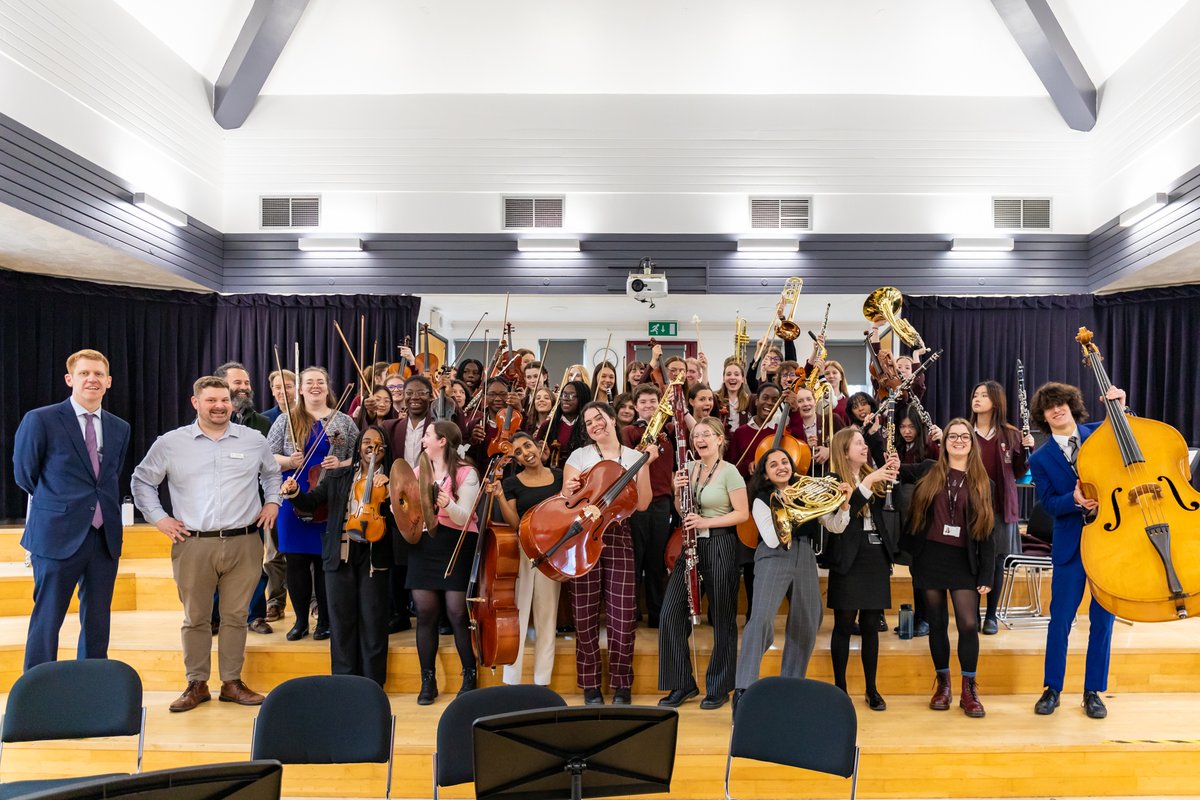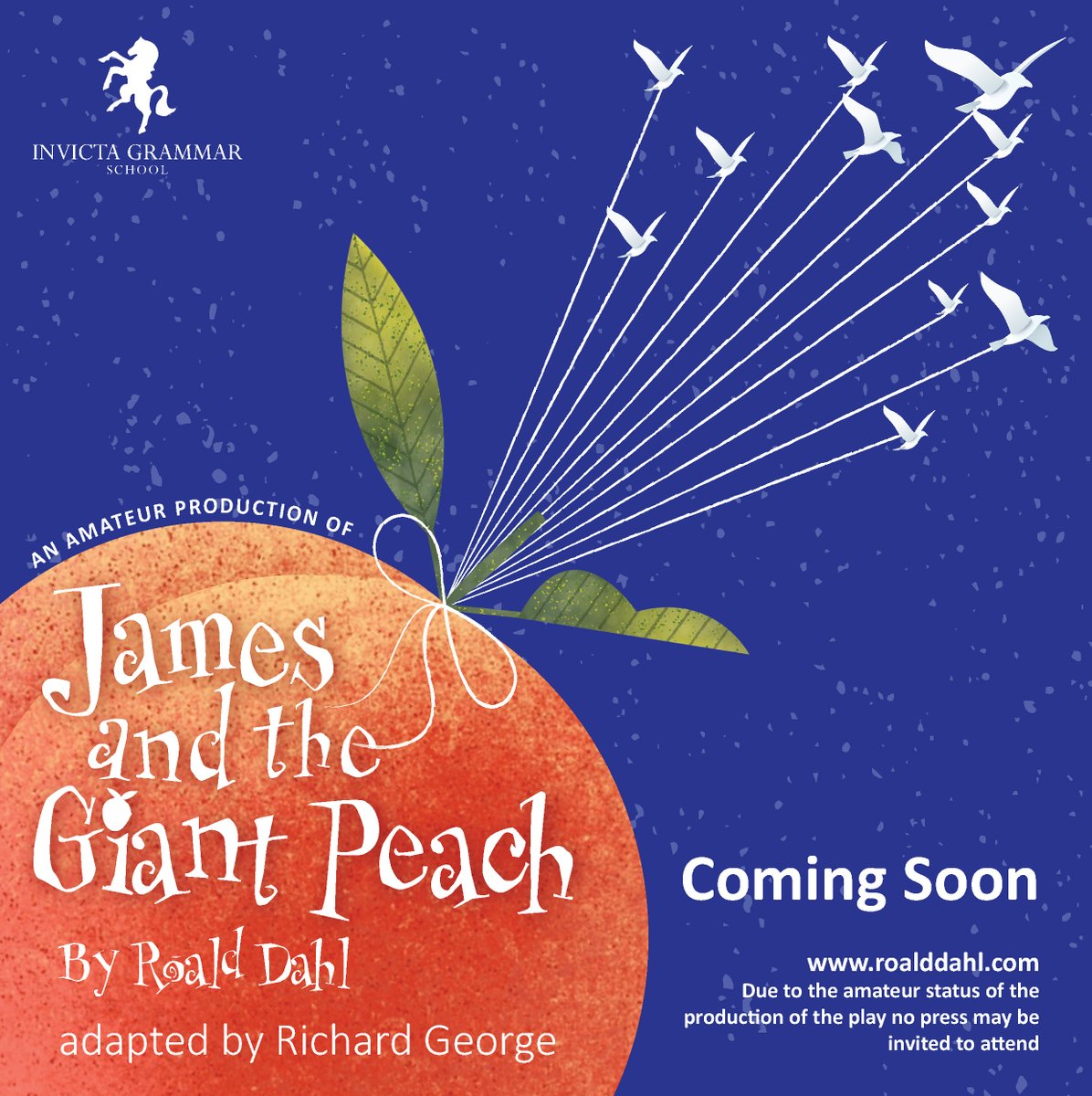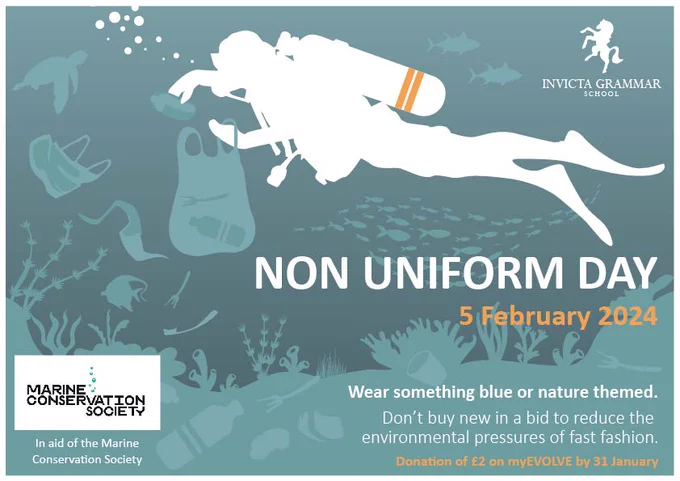Invicta Vlogs
This evening we are being taken back in time to the Sixties!
Our amazing Musical Director, Mr Riley, has devised a nostalgic journey going back to the ‘Swinging Sixties’ with music from the Sixties or associated with the Sixties.
I am very much looking forward to this – not only are we going to see the talent of our students once again, but we are also going to have fun reminiscing aspects of our youth. My conversations about the evening, and the fact that on Saturday this week, we hosted a History Workshop for our Year 5 students, really made me think about what the study of History really is all about. Our Year 5’s were introduced to the concept of anachronisms – not only did they do this really well, but they enjoyed it immensely; particularly their role play! History for me, at school, was not particularly well taught and as a result, I chose to study Geography. However, I have been blessed to have a husband as a History teacher and as a result, I have over the last 25 years had my own tutor! This has really opened my eyes to the importance of History. I truly believe it is something that we should all embrace and treasure. On a similar vein, I have been watching a BBC 2 programme entitled ‘Back in Time for Dinner’. What an amazing concept - a British family have embarked on an extraordinary time-travelling adventure to discover how a post-war revolution in the food we eat has transformed the way we live. It really has been both interesting, thought provoking, but most importantly a topic of conversation for many. I somehow sense that our Sixties evening will be the same, as indeed, I hope that our Year 5’s experience of anachronisms will have been on Saturday afternoon.
Living in a modern world, it could be argued that we do not need to study History. People live in the present. They plan for and worry about the future. History, however, is the study of the past. Given all the demands of living in the present and anticipating what is yet to come, why bother with what has been? There are many arguments but to me, the most important aspects are the ideas around identity and citizenship. History provides identity - evidence about how families, groups, institutions and whole countries were formed and about how they have evolved while retaining cohesion. Histories that tell the national story, emphasizing distinctive features of the national experience, drive home an understanding of national values and a commitment to national loyalty.
Similarly, History is essential for good citizenship. It lays the foundation for genuine citizenship - the essential use of the study of the past. History provides data about the emergence of national institutions, problems, and values. It offers evidence about how as nations we have interacted with other societies, providing international and comparative perspectives essential for responsible citizenship. Furthermore, studying History helps us understand how recent, current, and prospective changes that affect the lives of citizens are emerging, or may emerge, and what causes are involved. More importantly, studying History encourages habits of mind that are vital for responsible behaviour, whether as a national or community leader, an informed voter, a petitioner, or a simple observer.
With the onset of the national election on the 7 May, it seems clear to me that we need to engage with our History, thereby developing an understanding of our identify and the importance of our responsibilities as a citizen. As such, we will make always aim to make history at Invicta – not only by exploring our past with our Sixties celebration, but by having our first Mock Election which we are currently planning. Life is never dull at Invicta – certainly thought provoking too! Is this not what education is all about?




























